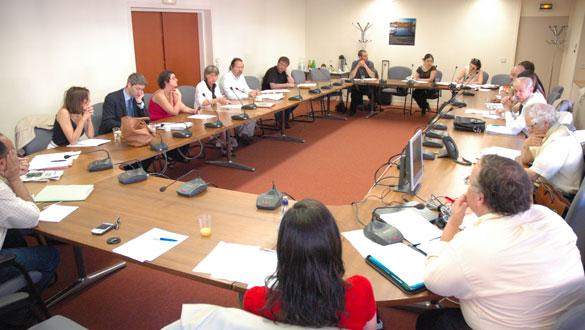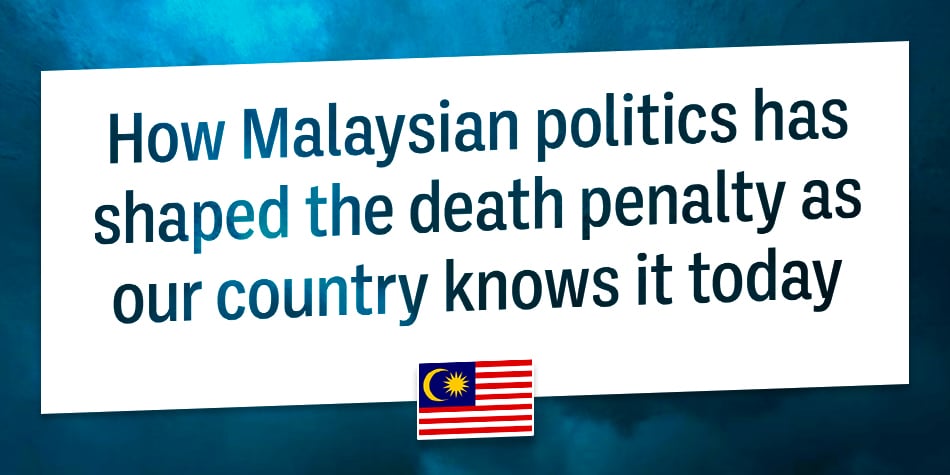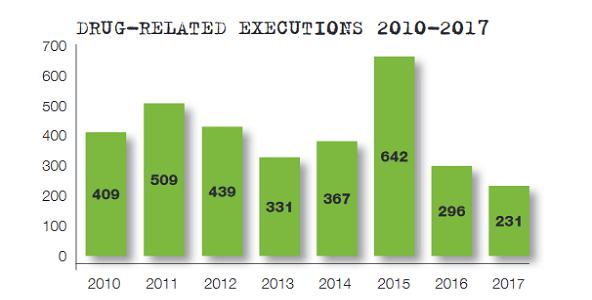
Joint statement for the 71st Ordinary Session of the African Commission
Statement
Joint statement on the situation of the death penalty in Africa for the 71st Ordinary Session of the African Commission, signed by the FIACAT, ECPM and the World coalition.
Mr. President,
It is my pleasure today to deliver a joint oral statement on behalf of FIACAT, the World Coalition Against the Death Penalty and ECPM.
The African continent has been experiencing a growing trend of the abolition of the death penalty for several years. Three quarters of the member States of the African Union are abolitionists: 23 have abolished in law and 17 are abolitionists in practice.
16 States have ratified the Second Optional Protocol to the International Covenant on Civil and Political Rights (OP2) for the abolition of the death penalty. In this regard, we congratulate the Congo and Côte d’Ivoire who are actively engaging in a ratification process.
Mr. President,
In Niger, in February 2022, a national committee in charge of reviewing and adapting the Penal Code and the Code of Criminal Procedure was set up. Our organizations encourage the Nigerien State to remove the death penalty from the domestic legal order in accordance with the Constitution and the recommendations of the ACHPR of April 2021.
Mr. President,
In Uganda, two soldiers were sentenced to death in November 2021. We call on the government to continue its abolitionist momentum by extending the application of the law voted in 2019 abolishing the mandatory death penalty for certain crimes to all crimes without distinction.
Our organizations would like to alert you to the situation in Liberia, where a bill has been introduced in the House of Representatives in December 2021 to expand the offences punishable by death for “acts of human sacrifice”. This is an alarming step backwards for a country that has ratified the only international treaty prohibiting the use of the death penalty.
In the DRC, 51 people were sentenced to death by the Kananga Military Court. While the DRC has not carried out any executions since 2003, many death sentences are handed down regularly. We welcome the proposed law to abolish the death penalty in the DRC and hope that the National Assembly will adopt it during the current session.
Mr. President,
Finally, our organizations are concerned about the reversal of jurisprudence by the Kenyan Supreme Court. In December 2017, it had declared the mandatory nature of the death penalty unconstitutional. In July 2021, it finally narrowed the scope of its decision to homicides only. Yet the death penalty continues to be imposed in cases of murder. We are concerned about the impact on the psychological state of those sentenced to death.
We call on Kenya, which has not carried out executions for thirty-five years, to enshrine its abolitionist position in national law.
Mr. President,
We recall the need to develop a strategy to revive the draft Protocol to the Banjul Charter on the abolition of the death penalty in Africa. We call on all member States of the African Union to actively support the adoption of this draft Protocol.
Thank you for your attention.







